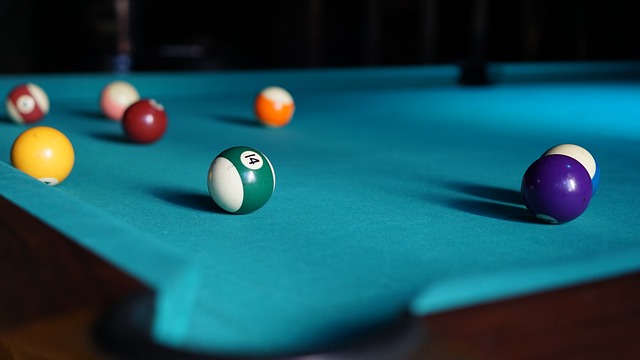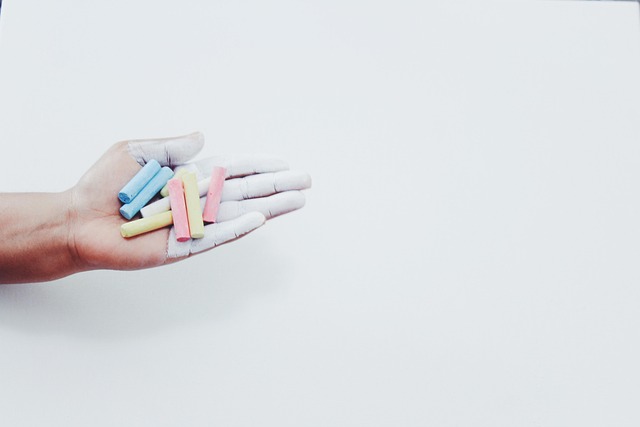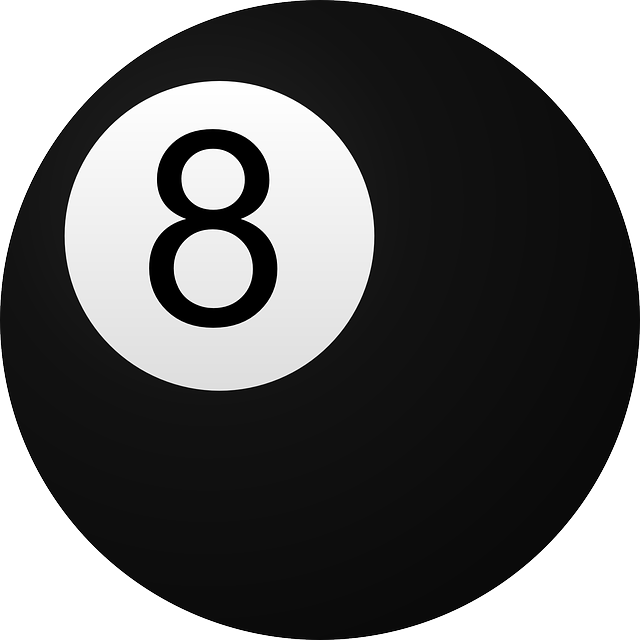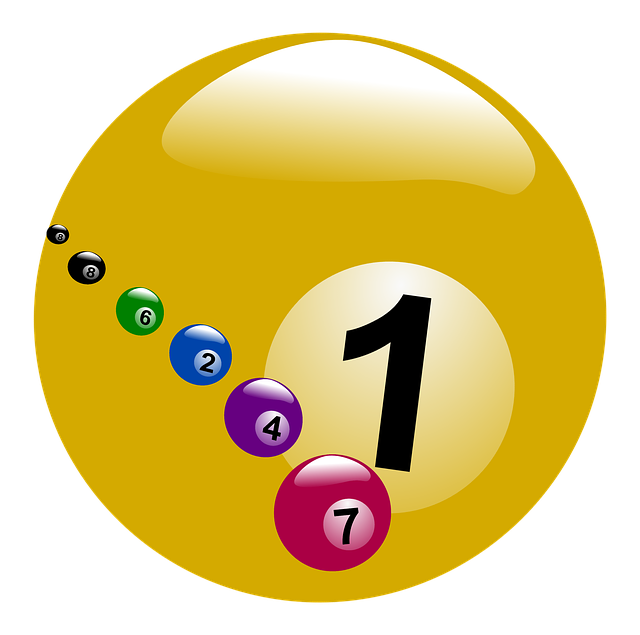Determining pool equipment storage needs involves balancing accessibility and security, especially for expensive items like pool tables (costing $100-$300 for installation). When choosing a location, prioritize access, lighting, budget (including setup and maintenance), and climate. Consider table size and configuration for optimal placement; inquire about costs, including "how much does it cost to have someone set up a pool table?", for accurate financial planning.
Determining the best place to store your pool equipment is crucial for maintaining a clean, functional, and aesthetically pleasing outdoor space. This guide explores the factors that influence optimal placement, including space dimensions, weather considerations, and budget constraints. We compare popular options like garages, basements, and outdoor sheds, delving into their pros, cons, and costs, such as understanding how much it costs to have someone set up a pool table compared to self-installation of storage solutions.
- Understanding Pool Equipment Storage Needs
- – Factors to consider for optimal placement
- – Dimensions and accessibility of the space
Understanding Pool Equipment Storage Needs

Understanding Pool Equipment Storage Needs
When considering where to best store your pool equipment, it’s crucial to evaluate your specific needs and space constraints. Different types of pool gear require varying levels of accessibility and security. For instance, a pool table, along with its accessories like cues, balls, and chalk, should be stored in an area that allows for easy setup and play but also protects it from harsh weather conditions and potential damage.
The cost associated with having someone set up a pool table can vary widely depending on several factors. On average, installation fees range from $100 to $300, not including the cost of the table itself. Professional installers consider elements like table size, complexity of setup, and accessibility of the location when quoting prices. Proper storage ensures your pool equipment remains in good condition, saving you money in the long run by preventing damage or wear and tear.
– Factors to consider for optimal placement

When deciding on the best place for your pool equipment, there are several factors to consider. Firstly, accessibility is key; ensure the area is easily reachable for both maintenance and enjoyment. It’s also crucial to think about foot traffic—you’ll want a space that isn’t too far from the main living areas or high-traffic zones in your home. Lighting is another important consideration; good lighting ensures safety and makes playing or maintaining the pool more convenient.
Budget should also play a role in your decision, including not just the initial cost of purchasing and installing the equipment but also ongoing maintenance expenses like cleaning and repair. For instance, considering how much does it cost to have someone set up a pool table can help you plan financially. Additionally, climate is a factor; if you live in an area with extreme temperatures or harsh weather conditions, proper shelter for your pool equipment may be necessary to prevent damage.
– Dimensions and accessibility of the space

When deciding on the best place to put your pool equipment, consider the dimensions and accessibility of the space. Larger areas allow for more flexibility in terms of table placement, ensuring proper legroom and an unobstructed playing surface. However, smaller spaces can also accommodate pool tables with clever configurations or foldable designs, though installation costs might be higher due to the need for custom solutions (how much does it cost to have someone set up a pool table?).
Accessibility is another key factor. Ensure that the chosen location is easily reachable for both setup and maintenance. Good lighting and sufficient space around the table make gameplay more enjoyable and safe. Additionally, consider proximity to water sources if you plan to use a billiard table, as regular cleaning and maintenance may require easy access to water and cleaning supplies.
When determining the best place for your pool equipment, consider both practical factors like space dimensions and accessibility, as well as strategic placement for ease of use. By understanding your storage needs, you can ensure efficient organization and convenience, potentially saving you on installation costs, such as those associated with a pool table setup. Remember, optimal placement is key to maintaining a well-functioning and aesthetically pleasing outdoor space.
